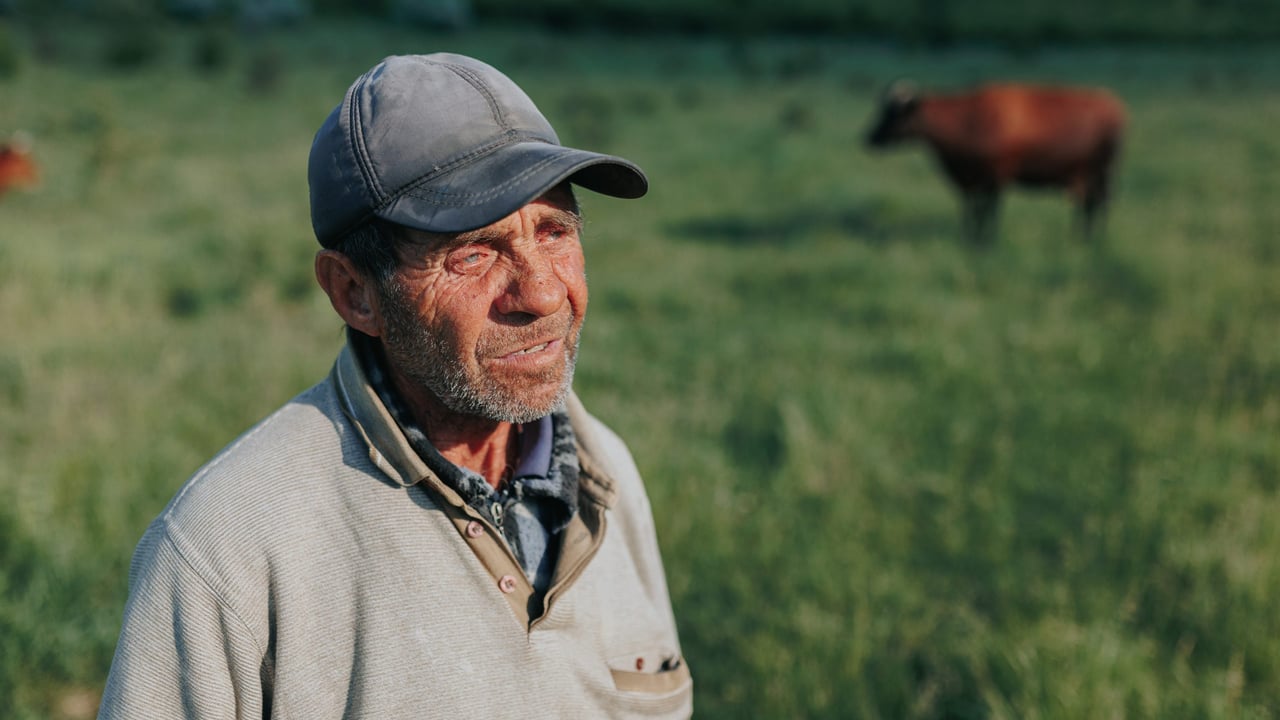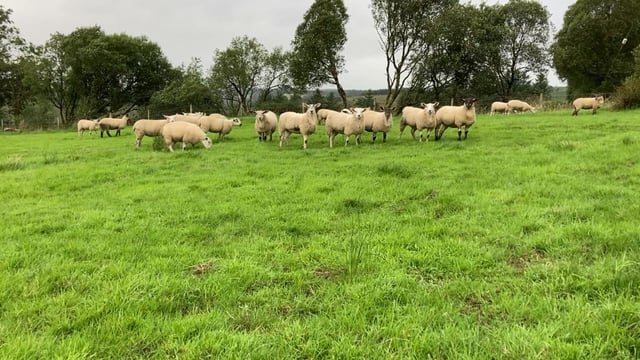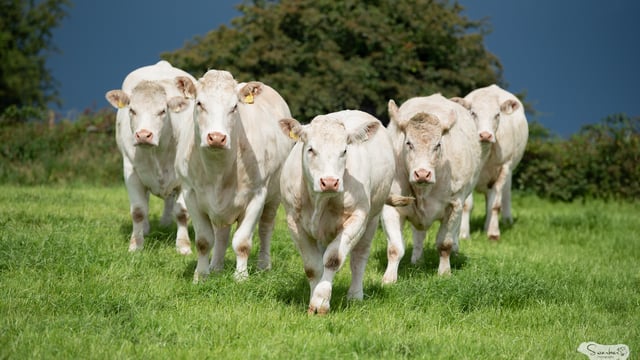Study: Lack of pension stalls generational renewal
Low pension coverage and late retirement are stalling generational renewal. That's according to new research which compares EU systems to explore solutions to support Irish farmers through the retirement transition.
Research undertaken by Maynooth University and Teagasc examines the design of social security pension systems for farmers in five European countries.
The aim is to identify gaps in Ireland’s current system and suggest practical solutions.
The research indicates that the sustainability of agriculture in Europe is deeply intertwined with the financial wellbeing of its farmers, particularly concerning retirement provisions.
As the farming population ages, ensuring adequate pension systems and the financial security of individual farmers becomes crucial in not only maintaining the vitality of rural communities, but in facilitating generational renewal and the broader dynamics of farm succession, the researchers stated.
The study explored the current state of pension coverage among Irish farmers in comparison to EU counterparts, examining various national approaches to farm retirement schemes and drawing lessons to enhance pension provisions in the agricultural sector.
Senior research economist in the Rural Economy and Development Programme at Teagasc, Anne Kinsella said: “Farmers face unique challenges regarding pension provision due to lower and variable incomes, the intergenerational nature of farm ownership and cultural attitudes towards retirement.
"In Ireland, a significant portion of farmers have limited pension coverage, with many not planning to retire formally.”
The research found that this is worsened by the fact that some farmers may not qualify for the state pension (Contributory or Non-Contributory), due to gaps in their Pay Related Social Insurance (PRSI) contributions.
Such gaps can arise from late succession to farm ownership or low-income years where PRSI contributions were not made.
As a result, many farmers may need to continue working later in life or rely financially on family members, according to the researchers. This can hinder farm succession and generational renewal.
The Central Statistics Office has previously stated that in 2023, approximately 45% of those working in the agriculture, forestry, and fishing sector had supplementary pension coverage, compared to 88% in the financial services sector.
A key challenge facing the European agricultural sector is the low level of private pension coverage among farmers.
A study funded by the Department of Agriculture, Food and the Marine (DAFM) revealed that only 50% of Irish farmers have private pension coverage.
Disparities exist across farming systems; around 70% of dairy and tillage farmers have private pensions, compared to only 40% of sheep and cattle farmers.
“Barriers to uptake include affordability, procrastination, distrust in private providers, and reliance on savings or assets instead," Kinsella continued.
"Many farmers expect to rely on the state pension, family support, continued farming, or personal savings once they reach retirement age.”
To assess Ireland’s position relative to 'best practice', researchers evaluated pension systems for farmers in five European countries: Austria; Finland; France; Germany; and Poland.
These countries, all members of the European Network of Agricultural Social Protection Systems (ENASP), offer tailored social welfare schemes for farmers, serving as important benchmarks.
Assistant professor of accounting at Maynooth University, Michael Hayden, highlighted that each country has its own approach to farmer-specific social insurance.
“In contrast, Ireland operates a single social security system with a general distinction between self-employed and employed workers," he explained.
"Farmers are classified as self-employed, but with some limitations in the definition for social insurance purposes.”
ENASP countries recognise the unique needs of rural populations, including economic vulnerability, demographic challenges, and the central role of family farms.
The research identified which aspects of these systems could be adapted to help increase pension coverage and improve retirement adequacy for Irish farmers.
Using data from ENASP countries and international OECD comparisons, the analysis explored coverage levels, contribution models, and qualification criteria.
The findings highlight how policy reform could bring Ireland more in line with European norms.
EU countries take two broad approaches - either farmers are included in the general self-employed social insurance system, or they benefit from a dedicated preferential system.
There are good reasons to adopt a separate model for farmers, according to the research.
Agriculture is a high-risk, low-profit sector, and higher pension contributions may not be viable without support, according to Bridget McNally who is associate professor of accounting at Maynooth University.
“Dedicated systems can also serve wider goals, like preventing rural depopulation, encouraging timely retirement and promoting regional equality," McNally said.
In some cases, early retirement schemes are linked to succession incentives, which free up land for younger farmers.
The study outlined that critics may argue that mandatory pension insurance is unnecessary, given that farmers can continue working, lease or sell their land, or rely on family – but that these assumptions do not reflect every farmer’s situation.
Not everyone can perform physical labour into old age, and relying on family support is not always practical or fair, the researchers found.
Drawing from the experiences of EU countries, several key lessons emerged from the study for improving pension provisions, and facilitating generational renewal in agriculture:
- Offer early retirement incentives: Finland’s model shows how financial support can ease the path to retirement;
- Boost private pension uptake: Address affordability and trust barriers with financial planning support and education;
- Make PRSI contributions mandatory for farm workers: Ensure young farmers and family members build up entitlements from the start;
- Register spouses and partners for PRSI: Independent contribution records reduce reliance on means-tested supports;
- Provide transitional supports: Help current farmers without adequate coverage close the gap;
- Review the means test requirements for Non-Contributory state pensions: Farmers should be able to retain a small amount of land (<30ac) without affecting entitlements.
By adapting these strategies to Ireland’s context, policymakers can help secure the financial future of family farms, support rural vitality and promote meaningful generational renewal, the research determined.





